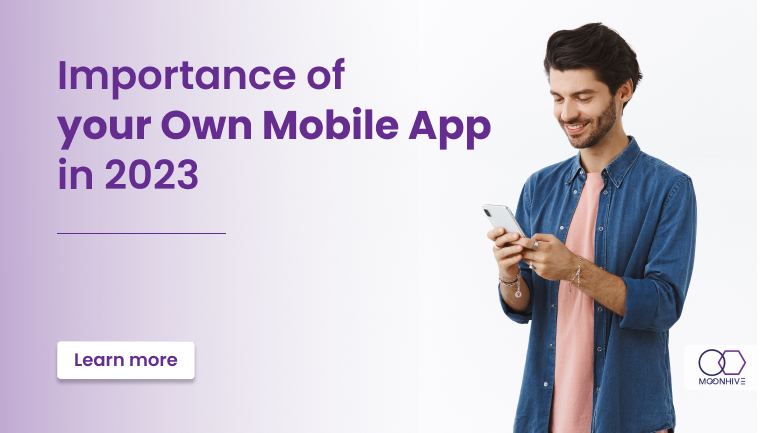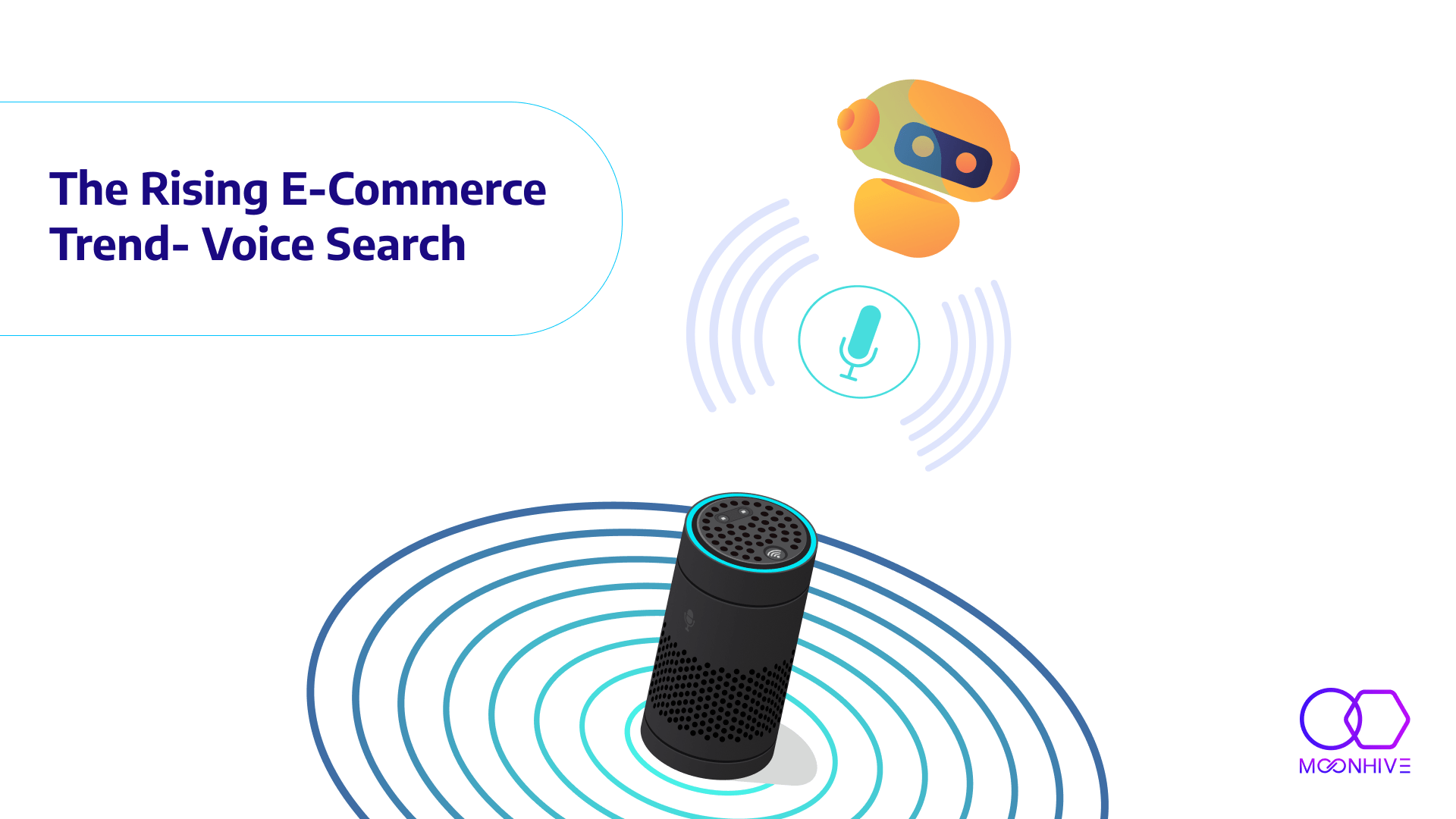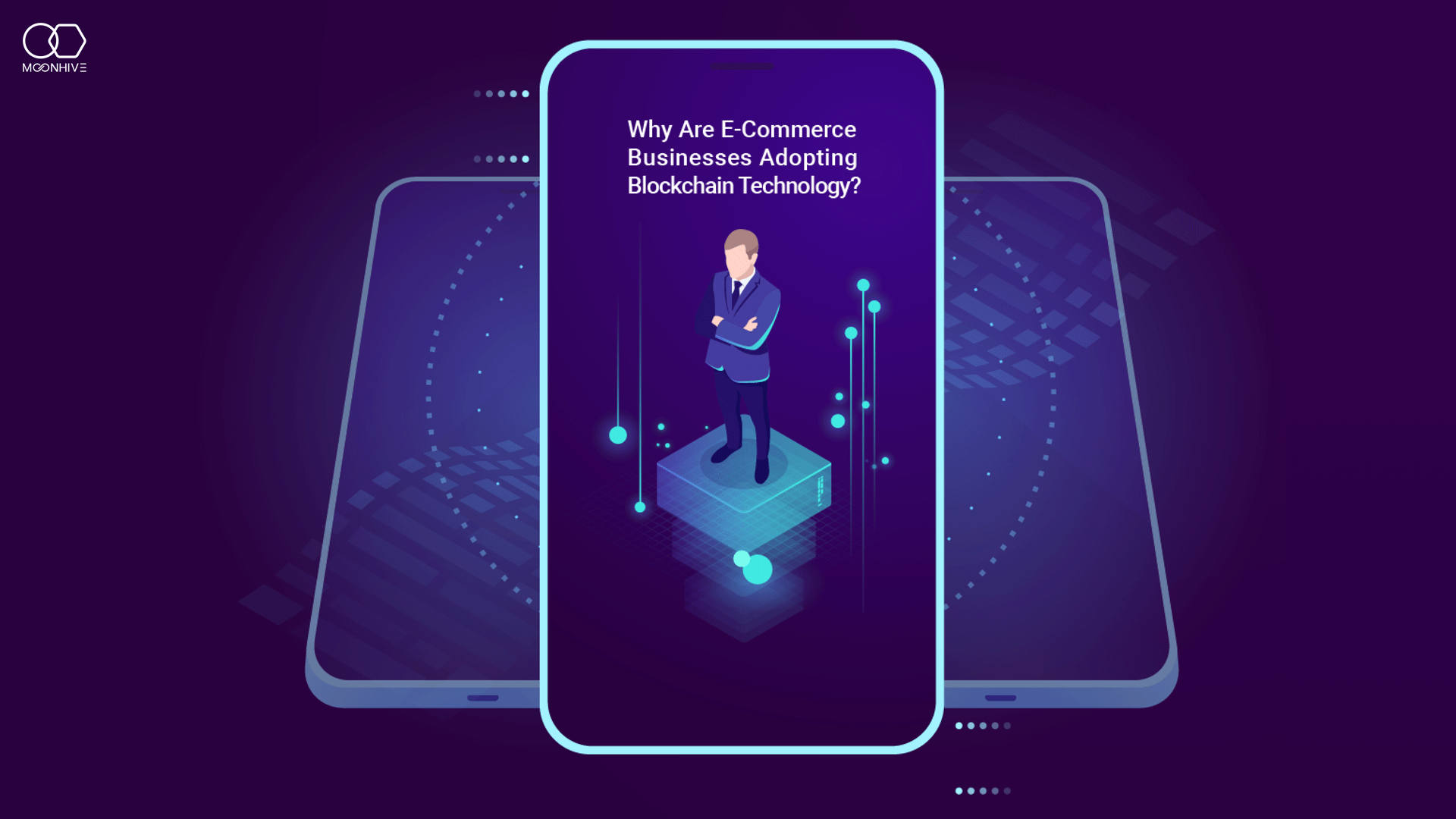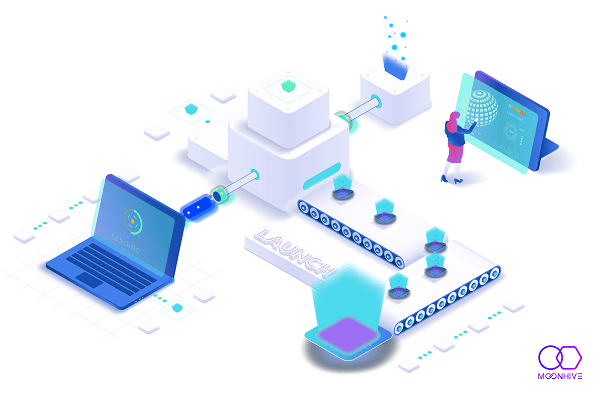




































In today’s bustling era of ever-evolving technology and digital solutions, it is essential to understand the unique distinctions between web applications (web apps) and mobile applications (mobile apps). These two entities share similarities and yet possess individual characteristics that cater to diverse user needs and preferences. Let us take a closer look at the disparities that set web app and mobile app technologies apart.
Web Apps: Where Accessibility Meets Versatility
What are Web Apps:
In layman’s terms, Web Applications are software applications that can be accessed through web browsers over a network, which is typically the Internet. They run on a web server and are delivered to users’ devices through the browser interface. One distinctive feature of web apps is that they are cross-platform in nature, making them accessible across various devices with a compatible web browser.
Cross-Platform Compatibility:
A standout feature of web apps lies in their cross-platform compatibility. Users can access a web app from any device, all they require is a web browser, be it a desktop computer, laptop, tablet or smartphone. This universality contributes to the versatility of web apps, therefore allowing users to seamlessly transition between devices without sacrificing functionality.
Development Technologies:
Web app development often involves using a combination of HTML (Hypertext Markup Language), CSS (Cascading Style Sheets), and JavaScript. These standard web technologies facilitate the creation of dynamic and interactive user interfaces Additionally, frameworks like React, Angular and Vue js are commonly employed to streamline the development process.
Internet Reliance:
One core aspect that distinguishes web apps is their dependence on internet connection. Since web apps are hosted on remote servers, users require a stable internet connection to access and interact with them. This dependency on the internet can be a limitation in situations where there can be poor connectivity.
Mobile Apps: Navigating the App Stores
Defining Mobile Apps:
Mobile applications are those software applications that are specifically designed to run on mobile devices such as smartphones and tablets. Unlike web apps, mobile apps need to be downloaded and installed on the user’s particular device from an app store or a direct download link.
Optimized For Mobile Devices:
Mobile apps are customized to exploit the capabilities of mobile devices completely. They can take advantage of features like GPS, camera and touchscreen interfaces, delivering a user experience that is unique and optimized. This can ensure the seamless integration of the various functionalities of different smartphones and tablets.
Development Technologies:
Mobile App Development involves platform-specific technologies. For iOS devices such as iPhones and iPads, developers use languages like Swift or Objective-C, while in the case of Android Apps, they are designed using Java or Kotlin. Cross-Platfom frameworks like Flutter or React Native have gained popularity, allowing developers to write code that works on both iOS and Android platforms.
Offline Functionality:
One major advantage of mobile apps is that, unlike web apps, they have the capacity to function offline as well; once an app is downloaded and installed. A lot of mobile apps can operate with a continuous internet connection. These offline functionalities of mobile devices enhance the overall user experience and convenience, especially when you are in environments with intermittent connectivity.
Choosing Between Web Apps and Mobile Apps: From an Organizational Perspective
Business Considerations:
When deciding between web and mobile app development, business organizations must always consider their target audience, budget and desired features. If broad accessibility is paramount and frequent updates are anticipated, a web app might be the right choice. However, for businesses aiming to leverage the specific functionalities of mobile devices and enhance user engagement, a mobile app could be an ideal option.
User Preferences:
Users play an important role in this entire scenario. Preferences may vary, and factors like device type, connectivity and usage patterns influence the choice between web and mobile apps. Some users appreciate the convenience of accessing services through a browser, while other may prefer the immersive and feature rich experience that are offered by dedicated mobile apps.
To conclude. in today’s extremely diverse ecosystem of digital solutions, both web and mobile apps hold their ground, each offering unique advantages, The choice between them hinges on the specific needs and objectives of businesses and the needs and preferences of the end users. While web apps can boast about accessibility and cross-platform versatility, mobile apps excel in delivering optimized experiences that are customized to the capabilities of mobile devices. Striking the right balance between web and mobile app technologies ensures a comprehensive and user centric approach, catering to the diverse demands of the continuously evolving digital landscape.




































